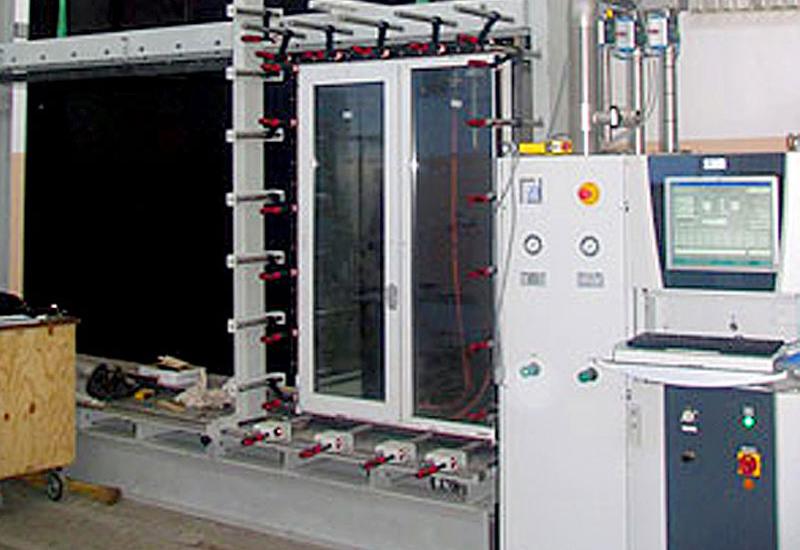At the beginning of December 2023, 3rd and 4th year students of the Institute of IEE, studying under the OPP "Energy Management and Energy Efficient Technologies", visited the laboratory of the Department of Building Physics and Energy Efficiency of the State Enterprise "Research Institute of Building Structures", with which Igor Sikorsky Kyiv Polytechnic Institute has concluded a cooperation agreement.
SE NDIBK not only uses modern equipment to study the properties of building materials and structures, but also plays a leading role in Ukraine in creating national standards, implementing energy efficiency programs in the construction industry, and applying energy-efficient technologies in construction. In addition, the SE NDIBK develops standard projects for the thermal modernization of mass-produced buildings in Ukraine, as well as performs unique work to restore buildings damaged by Russian military aggression.
The lesson on "Study of thermophysical and acoustic properties of building envelope structures" for students of ON-01 and ONp11 groups was held as part of the discipline "Energy Efficiency and Energy Certification of Buildings". Such classes have been organized for energy management students on a regular basis for many years. The lessons were conducted by Andrii Postolenko, Acting Head of the Department of Building Physics and Energy Efficiency, and Dmytro Bida, Junior Researcher of the Department.
A.M. Postolenko introduced modern technologies in construction and methods of research of building and thermal insulation materials. He explained how resistance to climatic effects and deformations are studied for standard structural elements (wall with balcony block), resistance to wind load and other thermal characteristics are determined. He also showed the laboratory stands where heat transfer resistance, frost resistance, steam, water, air permeability, etc. are determined. The students were especially interested in a special chamber in which effective operation is predicted: a structure or material is exposed to irradiation (simulated solar insolation), humidification (simulated rain), freezing to -30 ° C and heating to +60 ° C (simulated environmental influences) for 60 cycles.
Dmytro Bida spoke about special chambers for studying the acoustic properties of structures and assessing the impact of external and internal noise sources. The students got acquainted with the means of sound insulation, sound absorption, and also visited an anechoic chamber, which has virtually no sound reflection.
Such classes improve students' interest, perception of the material, and the level of future specialists. Similar scientific experiments can also be carried out as part of master's theses, which raises the level of research at the university.

